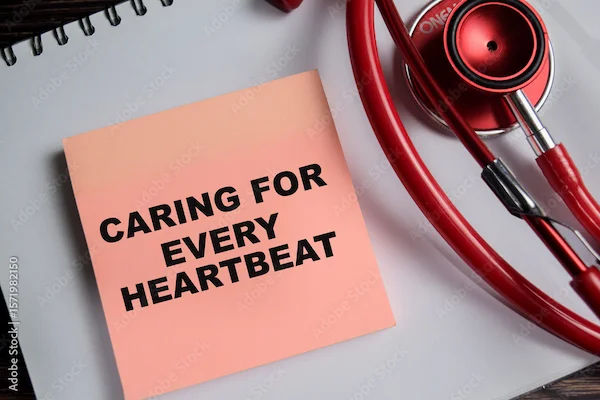- Female
- 52 Years
- 07/02/2025
Can someone explain what a "Borderline ECG" means? I attached my mom's ECG report, and I'm really worried. Is this something we need to treat, or is everything okay?
More Cardiology Health Queries
View allI'm really concerned about my dad's blood pressure. He's been dealing with high BP for a while, but it was stable and normal the past few days. Today it shot up to 153110 and he took his usual Tazlock 20, which has Telmisartan IP in it. Is this something we should be really worried about and what steps should we take from here?
yes you can use
Answered by 1 Apollo Doctors
What's the difference between Prolomet XL and Prolomet AM? They both seem to help with controlling heart rate and high BP, but I'm not sure how they're different. Could you explain?
yes u can use it, visit ur physician for apprpropriate managent
Answered by 1 Apollo Doctors
I've been having an abnormal heart rate for the past month, consistently between 90 and 110. I was on high blood pressure medication but stopped taking it two months ago based on my doctor's advice. They told me to keep an eye on my blood pressure, but I'm worried about whether my heart rate is something to be concerned about. Should I be seeing any changes, or is this normal after stopping the medication?
It is important to monitor your blood pressure regularly, especially if you have a history of high blood pressure. Since you are experiencing an abnormal heart rate, it is crucial to manage your blood pressure effectively. You can monitor your blood pressure at home using a digital blood pressure monitor. If your blood pressure remains consistently high, your doctor may recommend restarting your high blood pressure medication. In the meantime, it is important to stay hydrated, maintain a healthy diet low in sodium, and engage in regular physical activity to help manage your blood pressure.
Answered by 1 Apollo Doctors
Disclaimer: Answers on Apollo 247 are not intended to replace your doctor advice. Always seek help of a professional doctor in case of an medical emergency or ailment.




